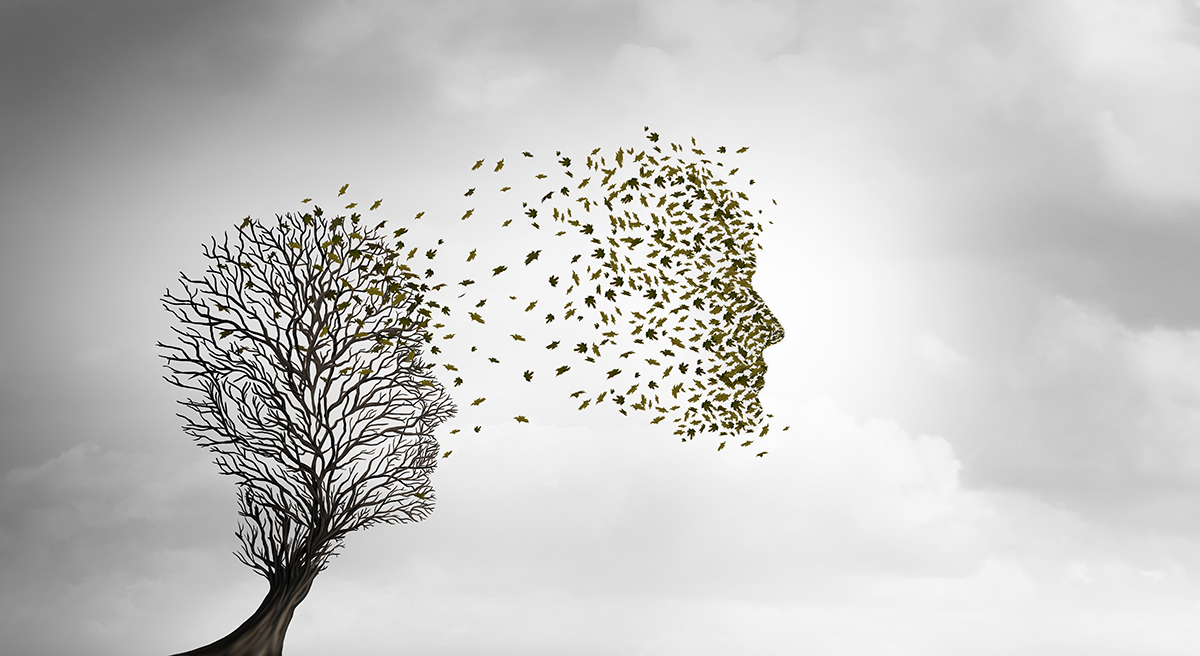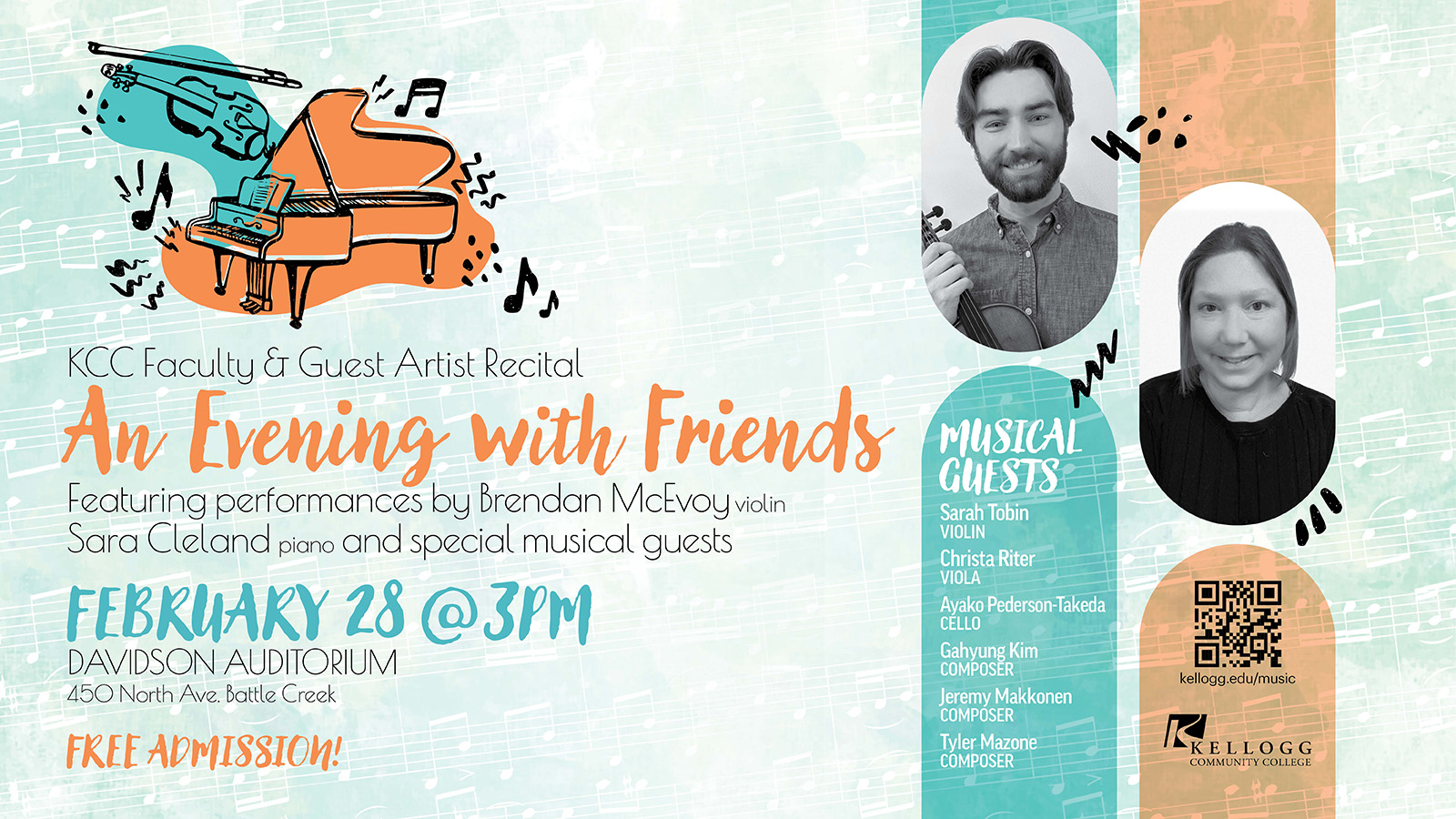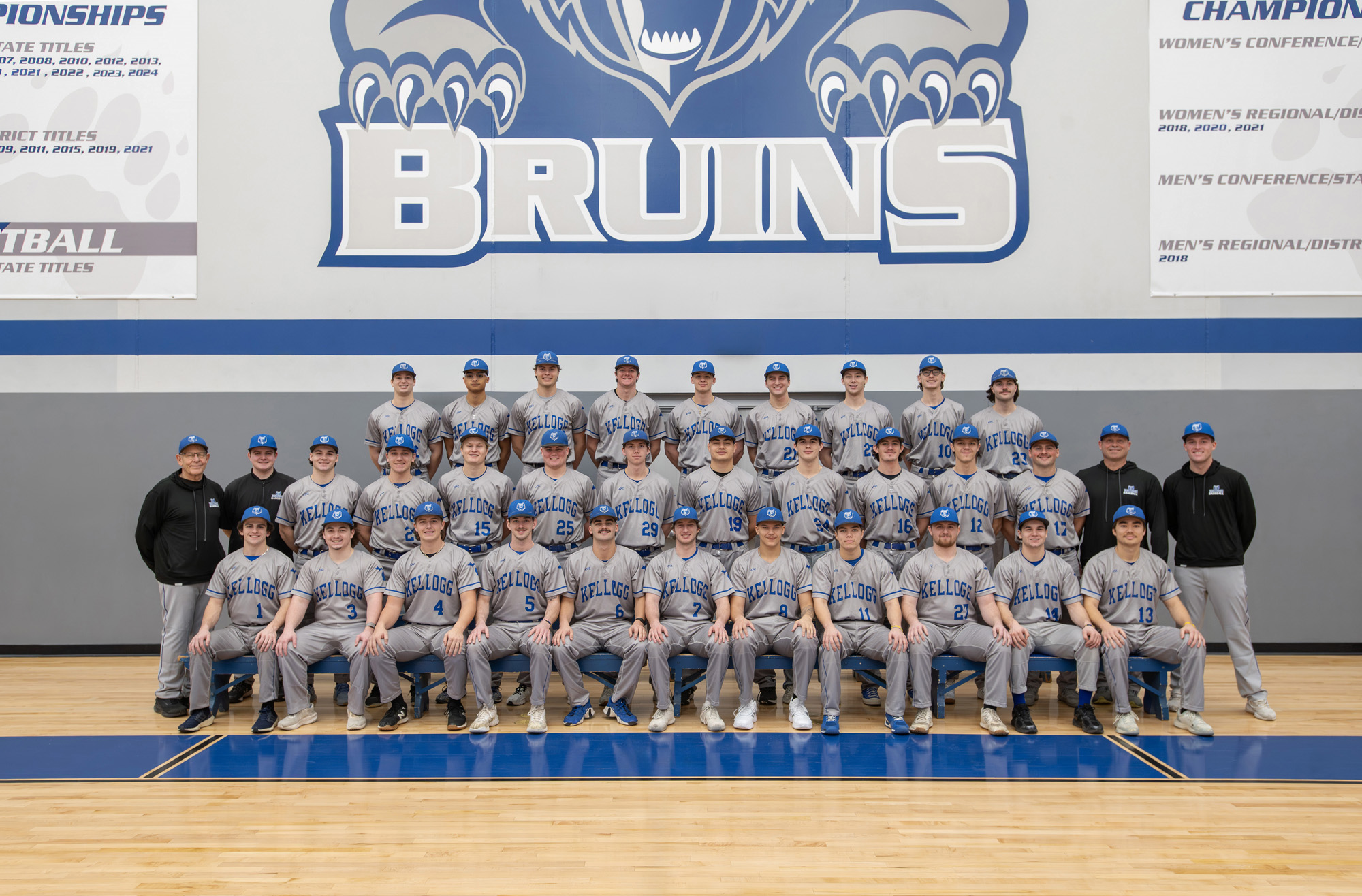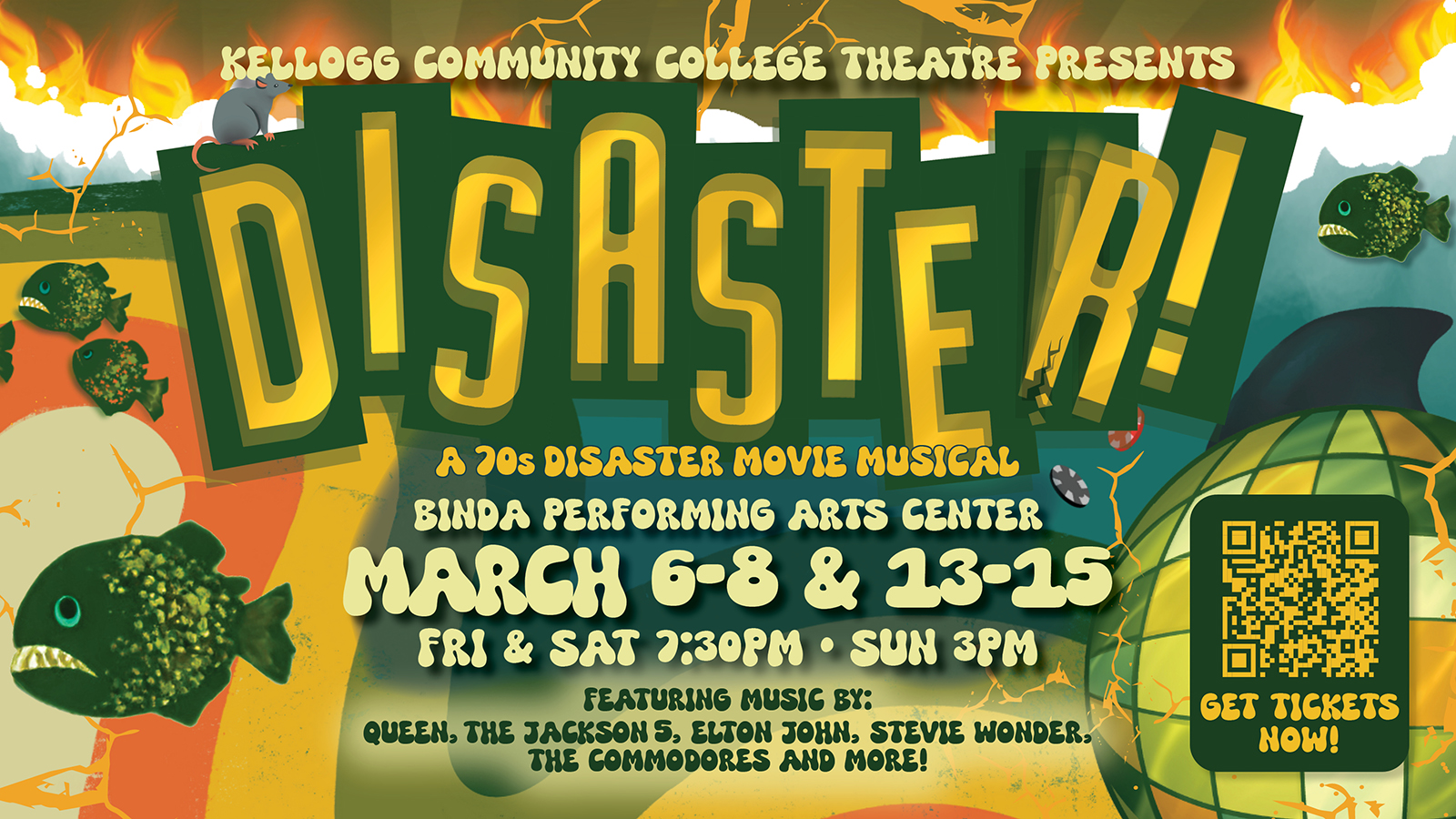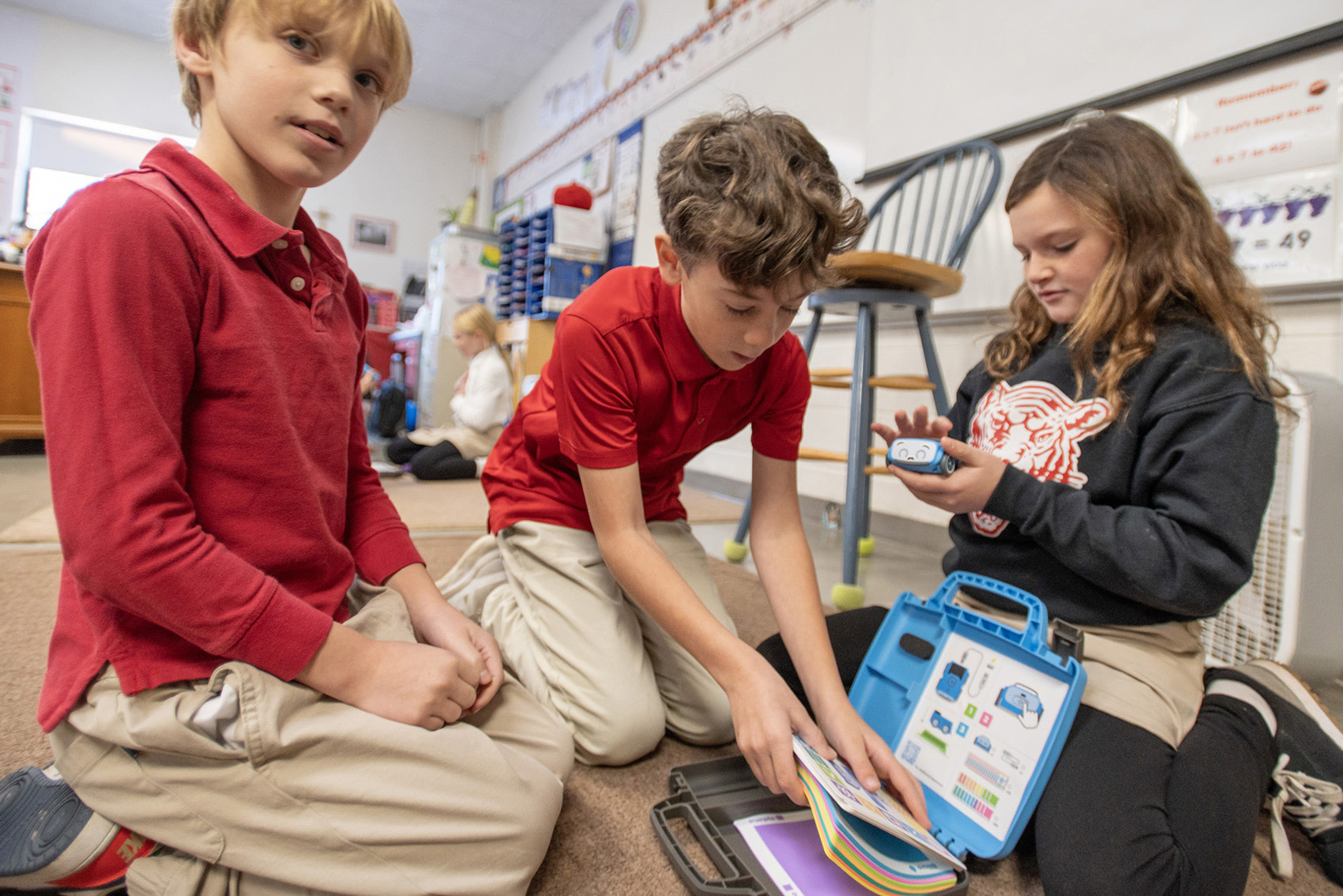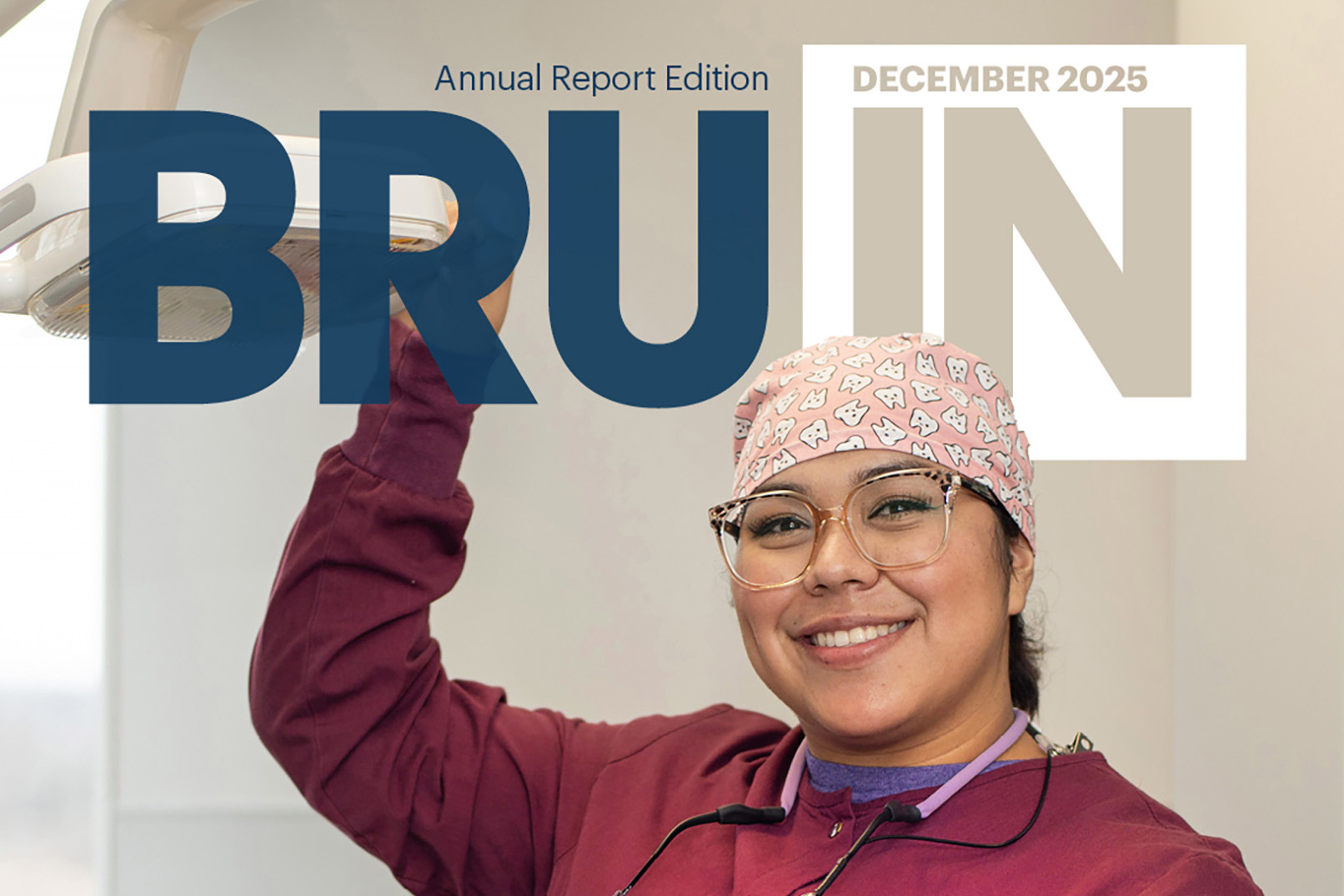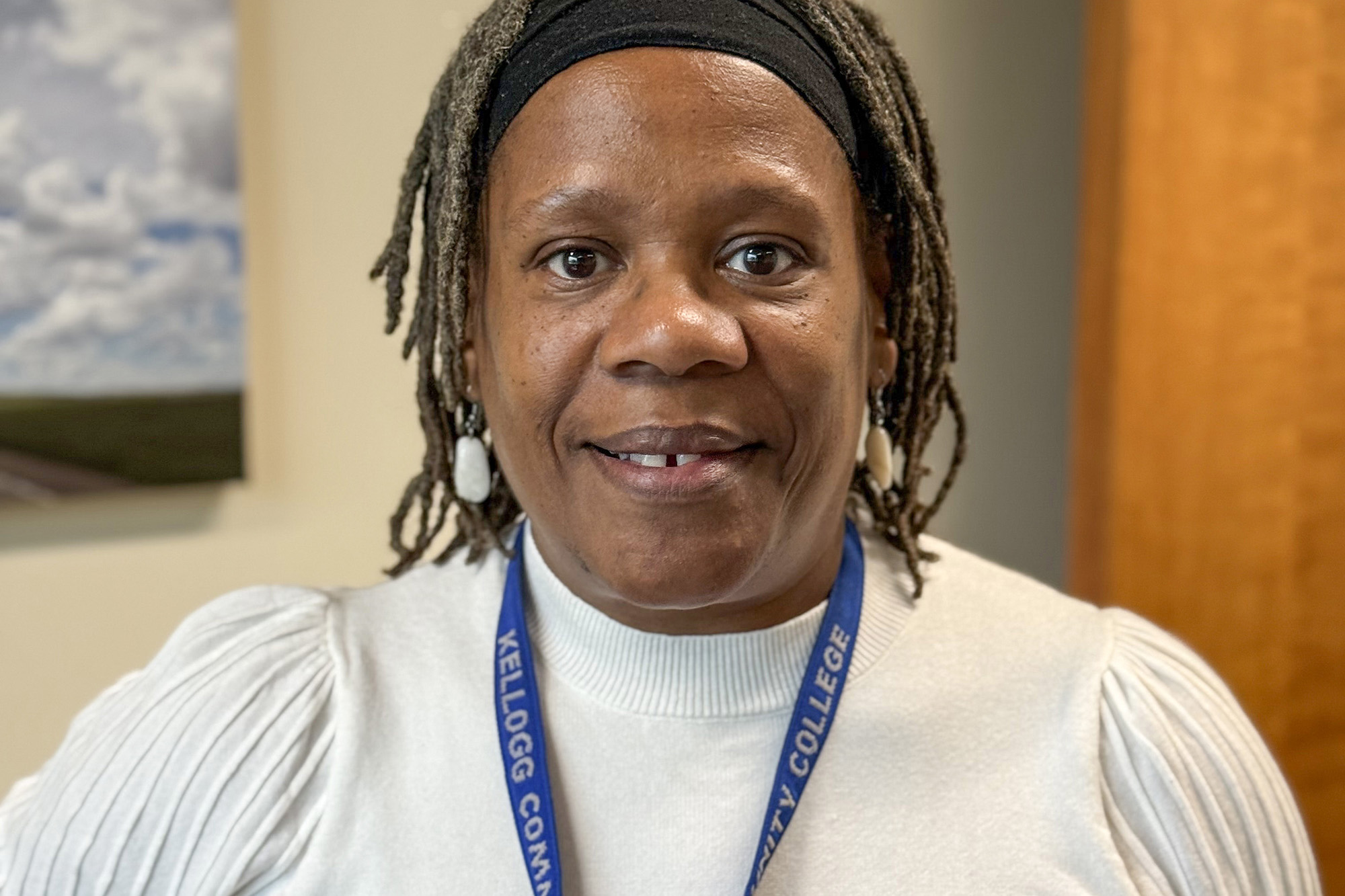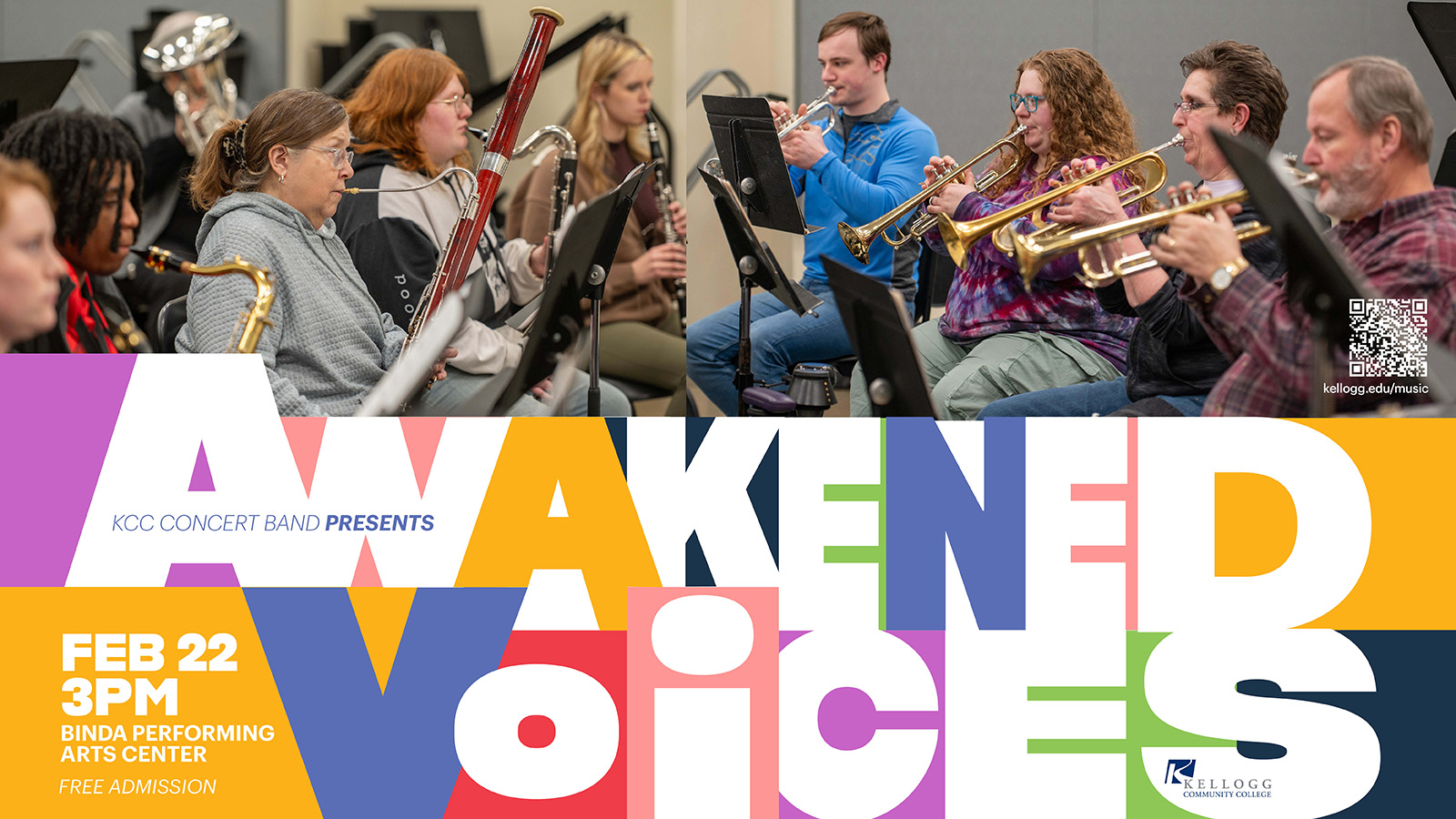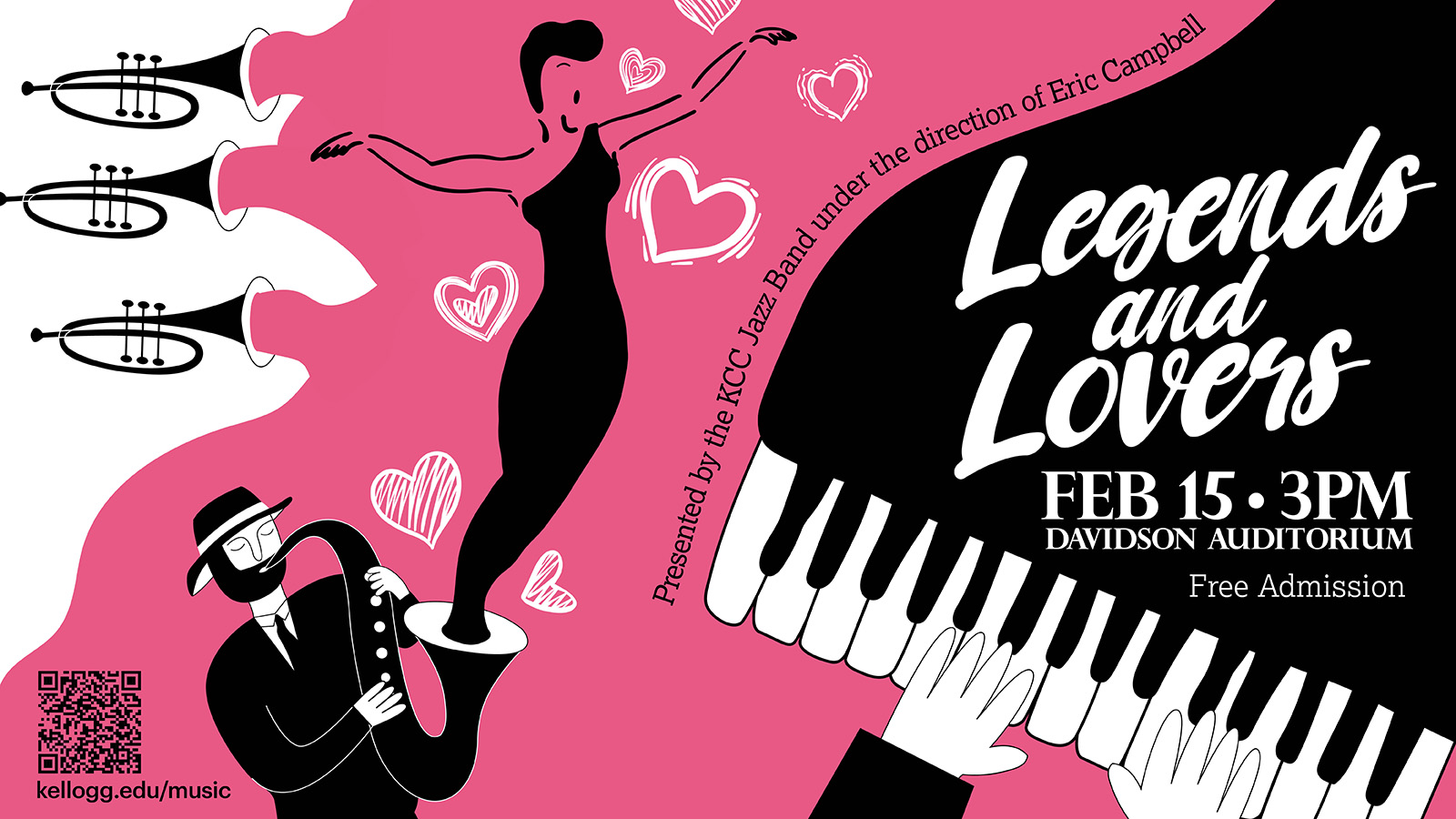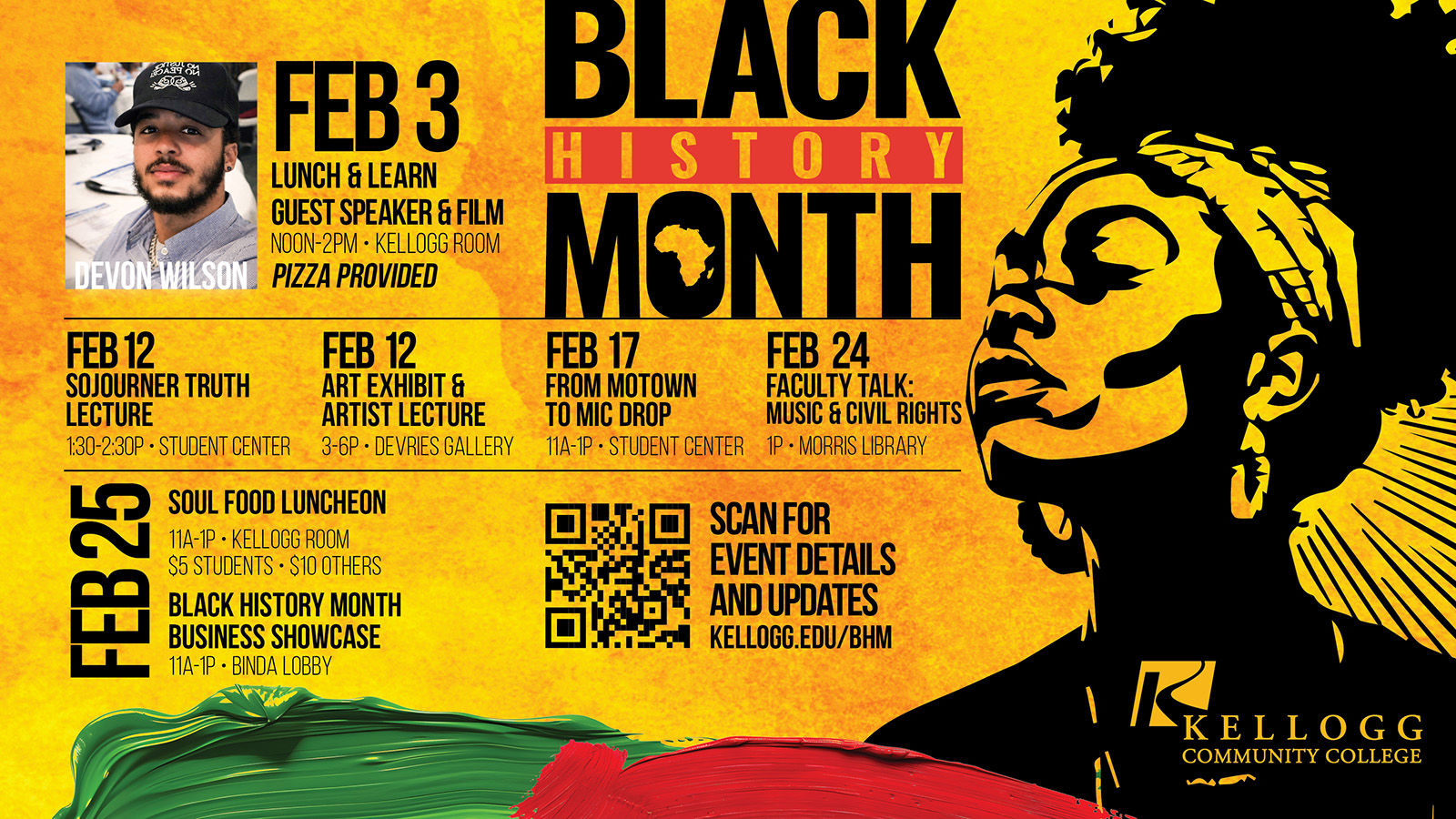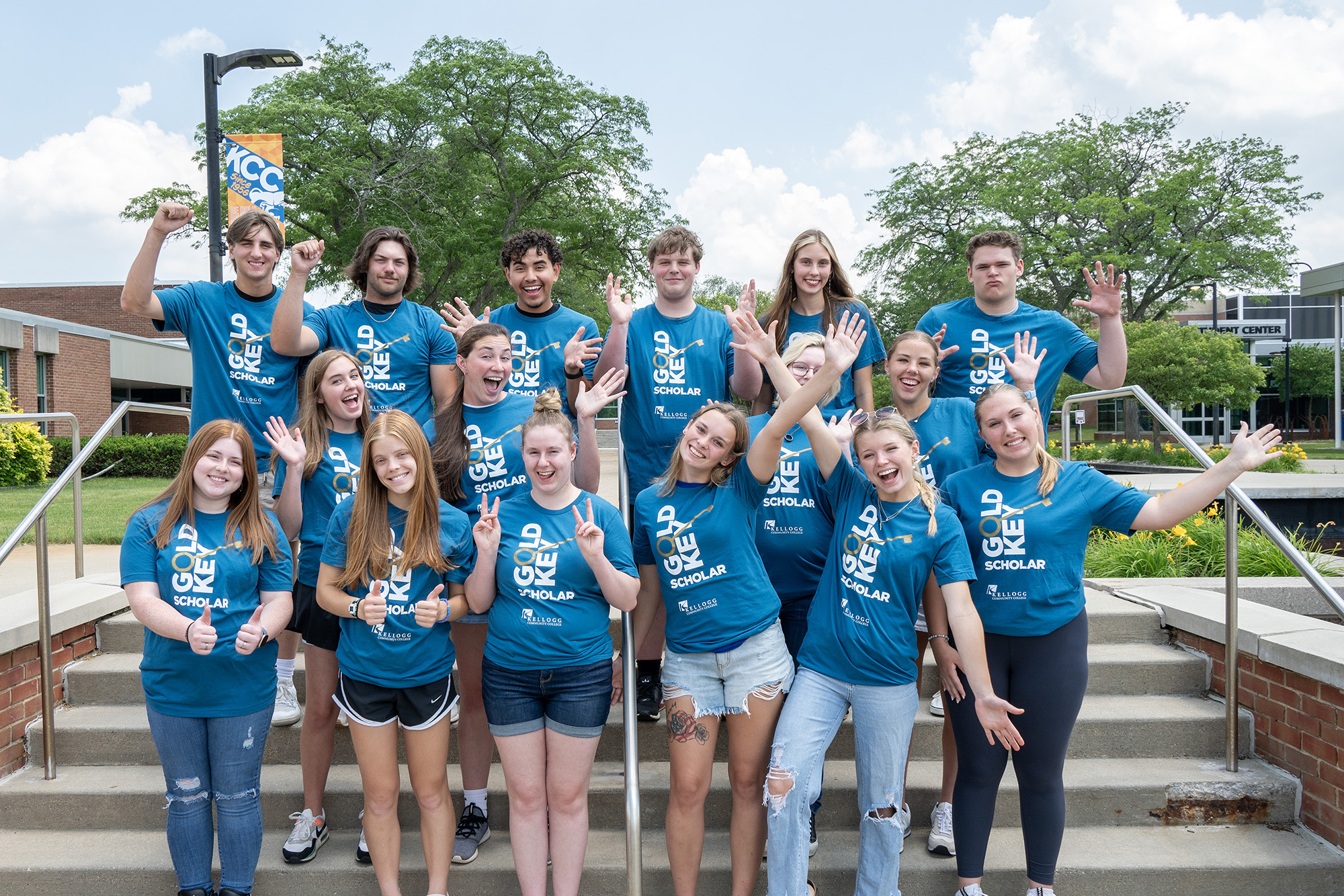Kellogg Community College’s Human Services Program is offering the course HUSE 280: Death and Dying online this spring semester, starting Jan. 25. Below, Human Services instructor Marc Colitti, who teaches the course, answers some questions about what students can expect.
Tell us about your class. What is it about and what kinds of topics do you cover?
Death and Dying involves an interdisciplinary study on how human beings react to the inevitability of mortality, both their own and that of others. Coursework involves learning about death lore, various traditions that are important to different ethnic and religious groups, the scientific and medical factors involved in a death, and tools of psychology that can help prepare loved ones and ease the process for those who are in the midst of the dying experience.
Specific topics include: Attitudes Toward Death, Learning About Death, Historical and Cultural Perspectives on Death, Mortality and Society, Health Care, End-of-Life Issues and Decisions, Facing Death: Living with Life-Threatening Illness, Last Rites: Funerals and Body Disposition, Survivors: Understanding the Experience of Loss, Death in the Lives of Children and Adolescents, Death in the Lives of Adults, Suicide, Traumatic Death, Beyond Death/After Life, and Personal and Social Choices in the Path Ahead.
What do you think is the most interesting aspect of the class?
Death and dying is largely a taboo topic in common conversation even between spouses and close family members. When we hear that someone close to us is terminally ill, when someone close dies or when some tragic experience occurs resulting in death, we are often lost for words. This course examines thanatology (name derived from the Greek god Thanatos, known for his gentle touch) and invites a critical analysis of death and dying as it is expressed and experienced in contemporary culture from multiple perspectives.
What are some unique or interesting assignments offered in the class?
In academia polemic papers are usually discouraged. In this course students are asked to write a “position paper” where they have opportunity to carefully consider their thoughts about death and more so contemplate its implications for living.
Who would most benefit from taking the class?
People who work in human services, counselors, psychologists, social workers, other mental health professionals, family caregivers, nurses, health care aids, hospital workers and health care professionals, nursing home and long-term care providers, hospice workers, palliative care professionals, funeral directors, law enforcement workers and spiritual and ministry professionals.
Anything else people should know about the class?
The subject matter encompasses a wide variety of disciplines, including scientific, religious, spiritual, legal, sociological and psychological domains. Death and dying are a part of life that greatly impacts us all as human beings, in every way possible. We often worry about or avoid the thought of our own mortality. The process of easing loved ones into death can also cause major trauma for caregivers and those grieving. Students will learn coping strategies and give thought to their own belief systems.
The first Spring 2022 classes start Jan. 18, and the semester ends May 9. For information about signing up for winter/spring classes, visit kellogg.edu/registration. For more information about studying Human Services at KCC, visit kellogg.edu/human-services.


